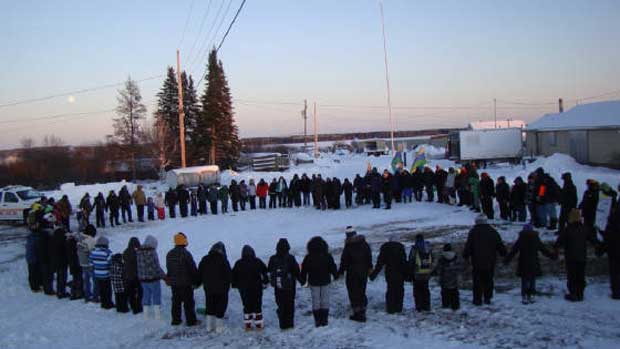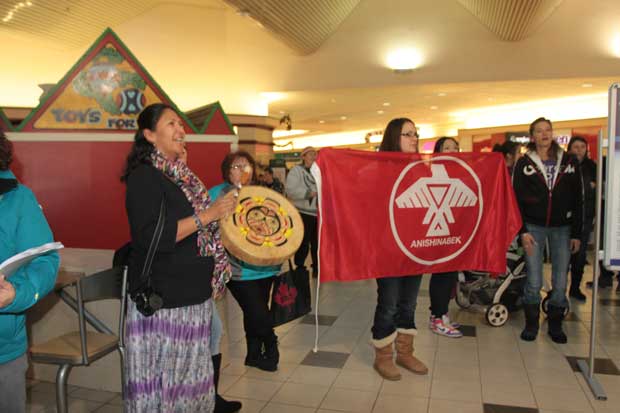 SASKATOON – If I could impose on all of you for a few minutes of your time, I want to share some thoughts. I have two sons, numerous nephews etc. As a parent, I do the best I can to teach my sons to respect women. This is what I tell them.
SASKATOON – If I could impose on all of you for a few minutes of your time, I want to share some thoughts. I have two sons, numerous nephews etc. As a parent, I do the best I can to teach my sons to respect women. This is what I tell them.
There are many “weyeswewna” (laws) in the nehiyaw (Cree) life
There are many “weyeswewna” (laws) in the nehiyaw (Cree) life that we abide by and are guided by. There are two ways in which nehiyawak (Crees) must abide by, the physical and the verbal.
When we respect someone verbally, we say “e ma na ci maht”. “E ma na ci maht” means to say things that respects a person as a gift from the Creator, to respect the soulflame gifted to each person in the spirit world. To verbally respect someone is to not say things that hurts them, leads them on, gossiping, using profanity, threatening, etc.
To respect someone physically means “e kis te maht”. To “e kis te maht” a person means you would never do anything to harm them physically or to contribute in someway to any ill health, feelings to that person. To share your time with someone is a gift, to share your physical self is not easily given and is also a gift. Each are not to be taken nor shared lightly.
To break these two laws of respect means you have committed a pastahowin or a pastamowin which carries with it serious consequences either here during your time on mother earth or when you enter into the spirit world.
How we live our lives reflect how we honour the Creator, how we move about and how we respect people especially women, foretells of how well we are connected to the Creator. The greatest honor a human being can achieve is to live by these laws to the end of their days, in honor of the Creator.
There are very few humans who have attained this. The Elders have stated to harm another human being by disrespecting them physically or verbally affects the emotional, spiritual, physical and mental.
In saying this, of course, there are remedies that repair broken laws. Those are for each person to seek and follow through.
So I encourage all of us to walk gently, compassionately and with kindness as well as prayer. Let us honor the Creator by how well we treat each and every person we decide to share our time with or someone we encounter.
Miyokeskansik kahkike.
Sylvia McAdam Saysewahum







